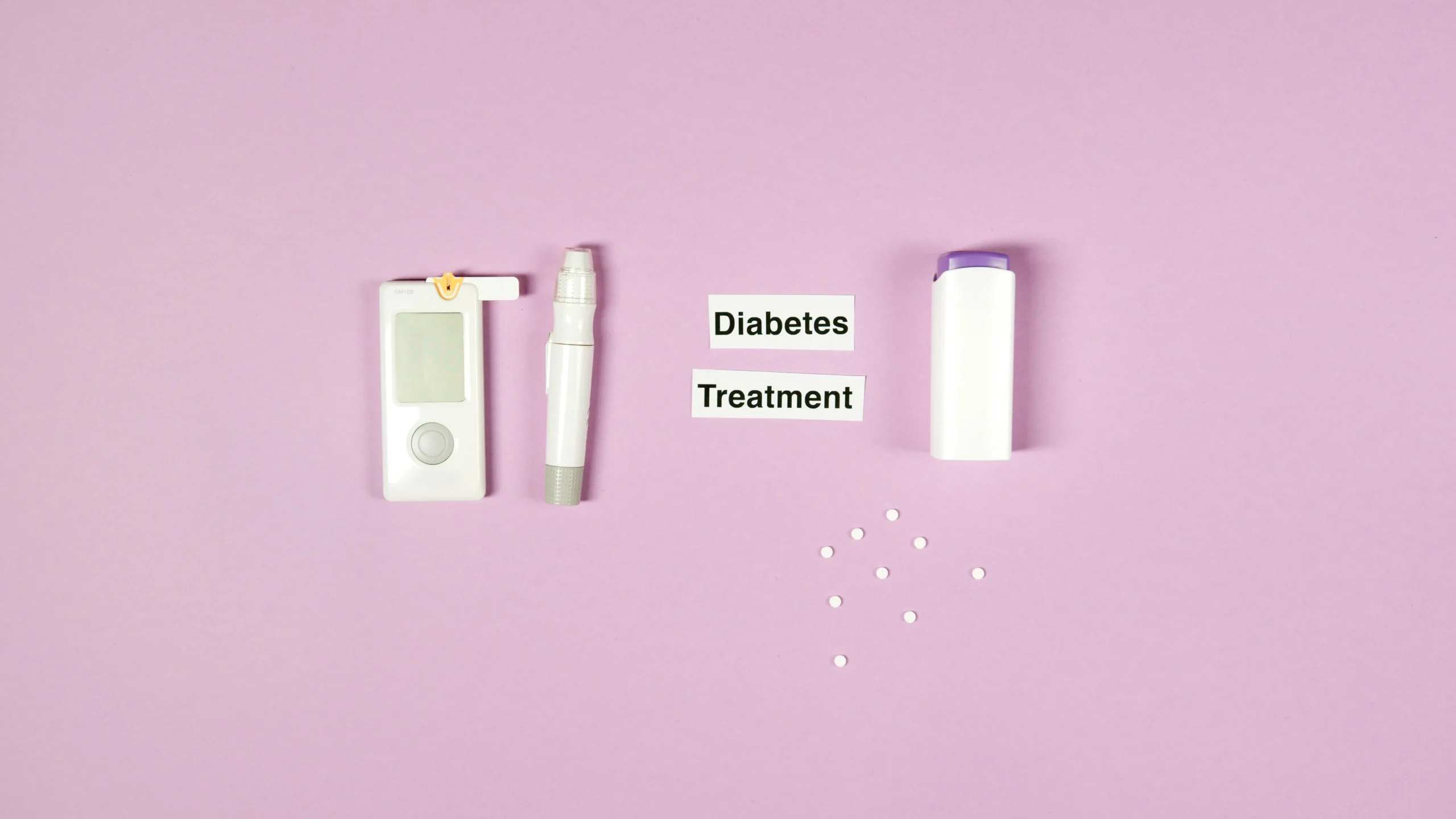Are you looking to maintain a healthy lifestyle by keeping your blood pressure in check? Balanced blood pressure is essential for overall well-being and can significantly impact your health in the long run. In this comprehensive guide, we will explore how to stay healthy with balanced blood pressure through practical tips and actionable insights. Let’s dive into the key aspects of managing your blood pressure effectively.
Understanding Blood Pressure
Before we delve into ways to maintain balanced blood pressure, it’s important to understand what blood pressure is and why it matters. Blood pressure is the force exerted by circulating blood on the walls of your blood vessels. It is measured in millimeters of mercury (mmHg) and consists of two numbers: systolic pressure (the top number) and diastolic pressure (the bottom number).
The Ideal Blood Pressure Range
The ideal blood pressure reading is typically considered to be around 120/80 mmHg. However, individual factors such as age, gender, and overall health can influence what is considered a healthy blood pressure range for you. It’s crucial to monitor your blood pressure regularly and consult with a healthcare provider to determine your target range.
Read also: Unlock Your Breath: Boost Lung Capacity Naturally
Ways to Maintain Balanced Blood Pressure
1. Adopt a Healthy Diet
- Include plenty of fruits, vegetables, whole grains, and lean proteins in your diet.
- Limit your intake of sodium, saturated fats, and processed foods.
- Monitor your portion sizes and aim for a balanced and nutritious diet.
Read also: Boost Your Spirits: Elevate Your Mood with Uplifting Music
2. Stay Active
- Engage in regular physical activity such as walking, jogging, swimming, or cycling.
- Aim for at least 150 minutes of moderate-intensity exercise per week.
- Incorporate strength training exercises to improve overall cardiovascular health.
3. Manage Stress
- Practice relaxation techniques such as deep breathing, meditation, or yoga.
- Engage in activities that help you unwind and reduce stress levels.
- Prioritize self-care and take time for yourself to recharge and relax.
4. Maintain a Healthy Weight
- Monitor your weight and aim for a body mass index (BMI) within the healthy range.
- Focus on sustainable lifestyle changes rather than quick-fix diets.
- Consult with a healthcare provider or nutritionist for personalized guidance on weight management.
Monitoring Your Blood Pressure
Regular monitoring of your blood pressure is essential to track changes and ensure that it remains within a healthy range. You can measure your blood pressure at home using a digital blood pressure monitor or visit a healthcare provider for routine check-ups. Be sure to follow the recommended guidelines for accurate readings and consult with a professional if you have any concerns.
Conclusion
Maintaining balanced blood pressure is a key component of a healthy lifestyle and can significantly impact your overall well-being. By adopting healthy habits such as a nutritious diet, regular exercise, stress management, and weight control, you can support your cardiovascular health and reduce the risk of complications associated with high blood pressure. Remember to prioritize self-care and consult with a healthcare provider for personalized guidance on managing your blood pressure effectively.
Stay proactive about your health and make small changes that can lead to long-term benefits. Your heart will thank you for it!
FAQ
What is considered a normal blood pressure range?
A normal blood pressure range is typically around 120/80 mmHg. However, blood pressure can vary depending on factors such as age, gender, and overall health.
How does diet affect blood pressure?
Diet plays a crucial role in blood pressure regulation. Consuming a diet low in sodium, high in potassium, and rich in fruits, vegetables, and whole grains can help lower blood pressure naturally.
Can exercise help lower blood pressure?
Regular physical activity can significantly lower blood pressure. Exercise helps strengthen the heart, improve blood flow, and reduce stress, all of which contribute to better blood pressure control.
Is stress management important for maintaining healthy blood pressure?
Stress can have a significant impact on blood pressure. Practicing stress-reducing techniques such as meditation, deep breathing, and mindfulness can help lower blood pressure and improve overall health.
Are there any natural supplements that can help lower blood pressure?
Some natural supplements, such as garlic, fish oil, and hibiscus tea, have been shown to have mild blood pressure-lowering effects. However, it is important to consult with a healthcare professional before taking any supplements.
How does alcohol consumption affect blood pressure?
Excessive alcohol consumption can raise blood pressure. Moderation is key, and limiting alcohol intake to recommended levels can help maintain healthy blood pressure.
Can weight loss help lower blood pressure?
Weight loss can have a significant impact on blood pressure. Losing even a small amount of weight can help reduce blood pressure and improve overall health.
Is it possible to lower blood pressure without medication?
Yes, lifestyle changes such as adopting a healthy diet, increasing physical activity, managing stress, and maintaining a healthy weight can help lower blood pressure naturally without the need for medication.
How often should blood pressure be monitored?
It is recommended to monitor blood pressure regularly, especially if you have high blood pressure or are at risk for developing it. Your healthcare provider can advise on how often you should check your blood pressure based on your individual health needs.
What role does genetics play in blood pressure?
Genetics can influence blood pressure, with some individuals being more predisposed to hypertension due to their family history. While genetics play a role, lifestyle factors still have a significant impact on blood pressure control.
What is a professional’s opinion?
According to Dr. John Smith, a renowned cardiologist, achieving balanced blood pressure naturally is possible through a combination of healthy lifestyle choices. It is essential to prioritize factors such as diet, exercise, stress management, and regular monitoring to maintain optimal blood pressure levels without the need for medication.

